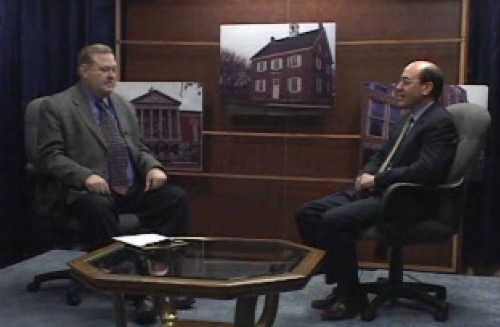When President Clinton inked the Taxpayer Relief Act of 1997 on August 5, 1997, he dramatically changed the way home sales are taxed. Prior to the change, homesellers could delay paying tax on a home sale if they “rolled-over” the gain and purchased a more expensive home within 2 years of the sale. A separate rule applied to those over age 55 that gave them a once-in-a-lifetime $125,000 exclusion. Under the new tax code, both the “rollover” provision and $125,000 exclusion are replaced with a new exclusion that should allow most homeowners to sell their primary residence without tax.
Generally, when you sell an asset for more than you paid, you incur a tax on the profit. This general rule applies to the sale of your home as well. However, under the new law, as long as this profit is less than $250,000 ($500,000 for joint filers) the gain will not be taxed. That’s right, as long as you meet a few simple rules, gains of up to $250,000 ($500,000 for joint filers) on the sale of a home go untaxed.
JUST FOLLOW THE RULES
Here’s how it works: First, in order to qualify for the exclusion you must have owned and used the property as your principal residence for 2 out of 5 years prior to the date of sale. Second, you must not have used the exclusion in the 2-year period prior to the sale.
For married taxpayers who file a joint return the exclusion is $500,000. In this case, only one spouse need meet the 2 out of 5 year ownership requirement, but both spouses must meet the 2 out of 5 year use requirement. That is, if the husband has owned and used the house as his principal residence for 2 of the last 5 years, but his wife did not use the house as her principal residence for the required 2 years, then the exclusion is only $250,000.
For those who leave their home because of a disability, a special rule makes it easier to meet the 2-year requirement In such cases, if you owned and used the home as a principal residence for at least 1 in the 5 years preceding the sale, then you are treated as having used it as your principal residence while you are in a facility that is licensed to care for people in your condition. This rule enables the family to sell the home to raise cash for the expenses without incurring a large tax bite.
Other special use and ownership rules apply in the case of a deceased spouse and in the case of divorce.
If you sell a residence and elect the exclusion, then you have to wait another 2 years before another exclusion is available. However, partial benefits are available on the sale of any principal residence if the sale is due to a change in place of employment, health or other “unforeseen circumstances” to be defined in regulations. If that’s the case, then you get a slice of the $250,000 ($500,000 for joint filers) exclusion. For example, lets say you sell a home on December 31, 2016 and elect the exclusion. You buy a new home that same day, but on July 1, 2017 you sell that new home because you took a job in another city (or you had to enter a nursing home). Since you owned and used the second home for one-quarter (6 months out of 2 years) of the required period, you get one-quarter of the exclusion, or $62,500 ($125,000 for joint filers).
These new rules apply to home sales after May 6, 1997. If you sold your home between May 7 and August 5, 1997, you can choose between the old rules and the new ones. The only losers with the new rules are those you have gains above the $250,000 or $500,000 limits. If you are so fortunate, the excess gains will be taxed at the capital gains tax rates.
PENNSYLVANIA FOLLOWS SUIT
In the first version of this article, I warned readers that these rules only applied on the federal level, and that gains from the sale of a home were fully taxable for Pennsylvania income tax purposes. However, on April 23, 1998, Governor Ridge signed a tax act which makes a gain on the sale of a principal residence exempt from the state’s personal income tax. This exemption is effective for sales on and after January 1, 1998. The requirements are very similar to the federal rules, but there are some exclusions and some of the particulars are to be set forth in regulations to be issued. However, most Pennsylvania homesellers will now escape both federal and state tax on the sale of a principal residence.
